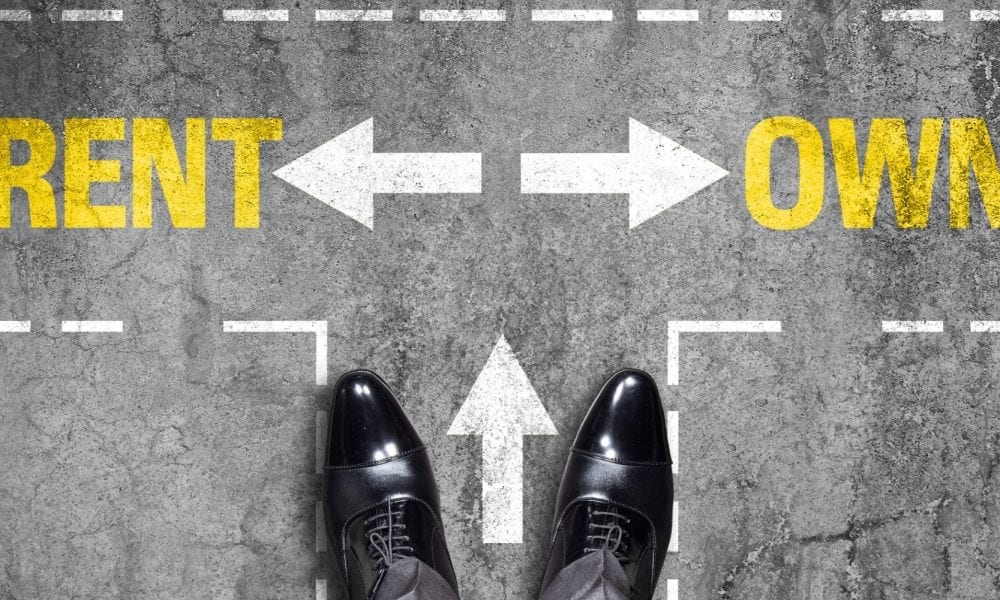
To Buy or To Rent as a Retiree — That Is The Question

So, you’ve finally hung up your boots, and now, you have a few more big decisions to make before you can settle into your retirement. One of those big decisions is whether you should rent or own your next home if you intend on moving. Both of these options have their pros and their cons, and it is useful to assess them based on your specific needs and financial security.
Let’s say you are a homeowner. If you haven’t got any funds saved up for your retirement, which may have happened for several reasons, then you will need access to the equity of the home that you own. This will mean that you have to sell your current home and either downsize or take on renting living space. Downsizing will mean that you still have all the responsibilities that homeownership comes with, which comes with its own costs and effort.
If You’ve Been Renting, Why Buy?
Let’s say you aren’t a homeowner. You’ve been renting throughout your life until your retirement, and now, it just won’t make any sense for you to rush out and purchase a new home. You aren’t familiar with the responsibilities that come with home maintenance as an owner and this can blur your ideas about buying, making it a more attractive option than it really is.
Retirement is a Game-Changer
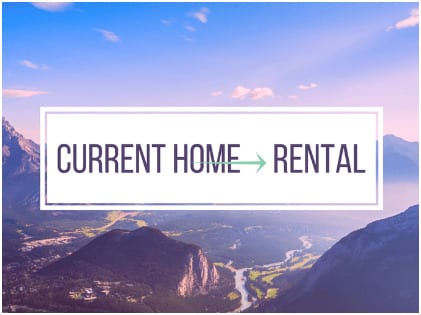 The ball game changes as you age. In your 20s and 30s, your home equity shouldn’t be touched, ideally. However, in retirement, the circumstances may likely be such that your home equity can begin working for you, rewarding you for all the years you paid for the mortgage. Home equity has the potential to supplement your retirement income. Tapping into the equity means either selling your home, taking it out on reverse mortgage, or even renting your home out. Taking a payout of a percentage of your home’s value means you will have to repay the loan, though, so be careful what you intend doing to cover these costs.
The ball game changes as you age. In your 20s and 30s, your home equity shouldn’t be touched, ideally. However, in retirement, the circumstances may likely be such that your home equity can begin working for you, rewarding you for all the years you paid for the mortgage. Home equity has the potential to supplement your retirement income. Tapping into the equity means either selling your home, taking it out on reverse mortgage, or even renting your home out. Taking a payout of a percentage of your home’s value means you will have to repay the loan, though, so be careful what you intend doing to cover these costs.
Renting vs. Buying – The Responsibilities
As a homeowner, your responsibilities are repair and maintenance, paying rates and taxes, and of course, it is advisable to have insurances in place to cover the structure of your home and another to cover its contents. As a renter, your landlord takes on the aforementioned responsibilities and you are responsible for paying your rent, and perhaps utilities. At retirement age, it can be exhausting to take on all the effort required to be a homeowner, even if renting is more expensive than paying a mortgage. Think of it like buying yourself peace of mind – if you can afford it, why not!
Renting Isn’t All Rosy
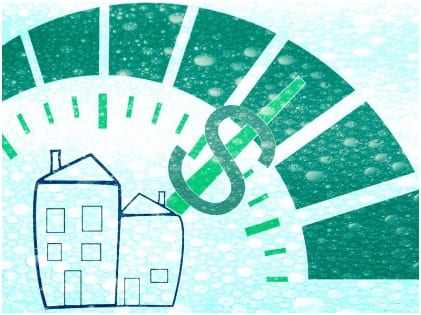 While renter’s advantage is freedom from homeownership responsibilities, the disadvantage is that rent increases over time. After 25 years, your rent could basically double. However, if you consider the increases in your financial plan for retirement and find that you can plan for it, there won’t be any nasty surprises to spring up on you. If your retirement income is a fixed income, it will have to be sufficient to pay for the rental when it has increased over time.
While renter’s advantage is freedom from homeownership responsibilities, the disadvantage is that rent increases over time. After 25 years, your rent could basically double. However, if you consider the increases in your financial plan for retirement and find that you can plan for it, there won’t be any nasty surprises to spring up on you. If your retirement income is a fixed income, it will have to be sufficient to pay for the rental when it has increased over time.
Do the Math
A good idea is to first calculate your finances. Looka t what your net income is, and allocate about 15% of that to housing as a start. If 15% is too low an allocation, then raise it until no more than 25%. Any more than this and you could find yourself in trouble with a fixed income. Running out of funds is the worst thing that can happen when you are on retirement, and your money needs to be spent wisely, on housing, health care, and personal needs, before looking at enjoyment.
What’s the Plan?
 Have you planned out your retirement? Do you know what you will be doing or where you will be going? Retirement is often a time of change for people, and if you plan on moving, you need to decide how long you will be living at your new place for. Any less than 5 years will make it very challenging to recoup the costs of buying and selling in such a small time frame. In this instance, renting is a better option. However, if you are moving somewhere permanently and you have a fixed income, homeownership will give you security and peace of mind. Your assets will then be included in your will for whoever you choose since your money will be in equity and not in income.
Have you planned out your retirement? Do you know what you will be doing or where you will be going? Retirement is often a time of change for people, and if you plan on moving, you need to decide how long you will be living at your new place for. Any less than 5 years will make it very challenging to recoup the costs of buying and selling in such a small time frame. In this instance, renting is a better option. However, if you are moving somewhere permanently and you have a fixed income, homeownership will give you security and peace of mind. Your assets will then be included in your will for whoever you choose since your money will be in equity and not in income.
These guidelines are helpful when you are considering what to do with your future in retirement, but there are several other factors that help you decide, like your health and your lifestyle. This is actually one of the biggest decisions of the rest of your life, so think hard and plan well!
More in Financial Advice
-
`
WWE SmackDown to Make a Comeback on USA Network in 2024
In a surprising twist, WWE’s Friday night staple, “SmackDown,” is bidding farewell to Fox and heading back to its old stomping...
November 24, 2023 -
`
Why Women Face Higher Out-of-Pocket Health Expenses
In healthcare, disparities persist, and a recent report from Deloitte underscores a significant financial gap between working women and men in...
November 18, 2023 -
`
Elon Musk vs Bill Gates: The Clash of Titans
In the realm of the world’s wealthiest individuals, a simmering rivalry has been captivating public attention. It’s not a clash of...
November 7, 2023 -
`
The Power Of Disconnecting
In our digitally driven age, where smartphones, tablets, and laptops have become extensions of ourselves, disconnecting might seem daunting. However, the...
October 31, 2023 -
`
JCPenney’s Bankruptcy: The End of an Era
JCPenney filed for bankruptcy in a move echoing the struggles of many retailers in the wake of the COVID-19 pandemic. This...
October 26, 2023 -
`
Reasons Why You Need a Financial Plan
Financial planning is not just for the wealthy or those nearing retirement. It’s a crucial tool for anyone seeking financial security...
October 19, 2023 -
`
How Brad Pitt Spends His Millions All Over the World
Brad Pitt, the charismatic Hollywood superstar, has left an indelible mark on the silver screen and made an impact in the...
October 10, 2023 -
`
Gen Z’s Posh Palate: The Unexpected Rise of Caviar Culture
Amid the backdrop of a digital era buzzing with viral dances, e-sports, and niche memes, there emerges a peculiar plot twist:...
October 7, 2023 -
`
Transform Your Retail Business With Social Media Mastery
If you’re a retail marketer posting your social media messages haphazardly, you might be missing out on prime opportunities to turn...
September 26, 2023












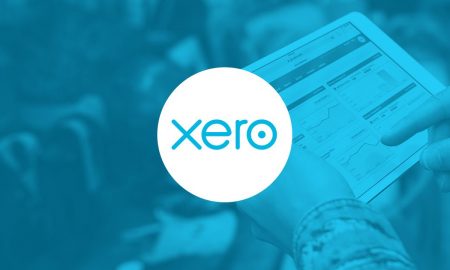

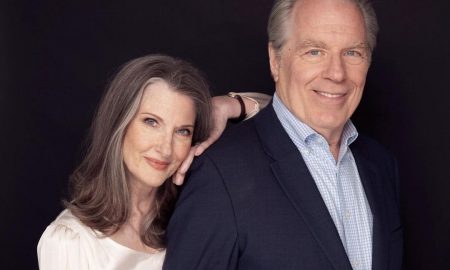
You must be logged in to post a comment Login